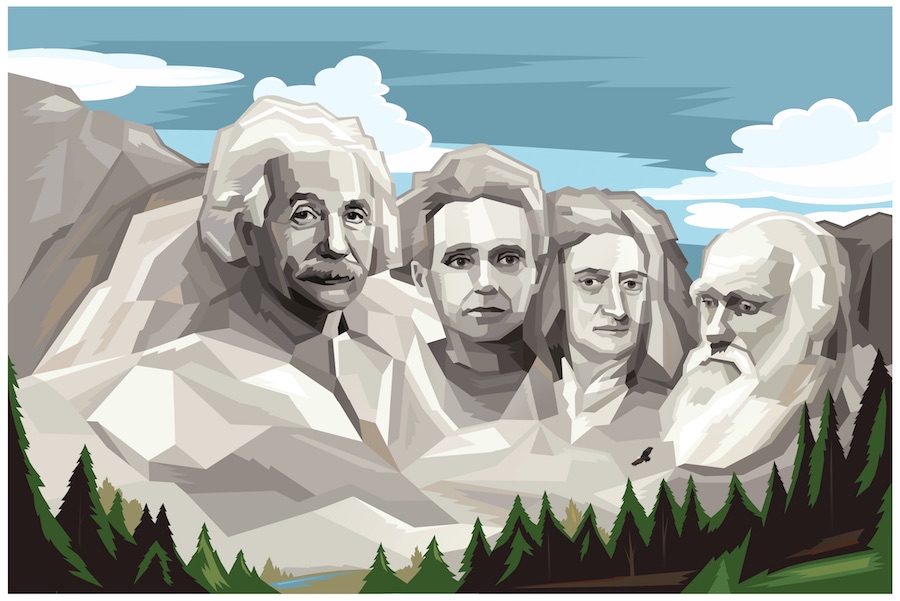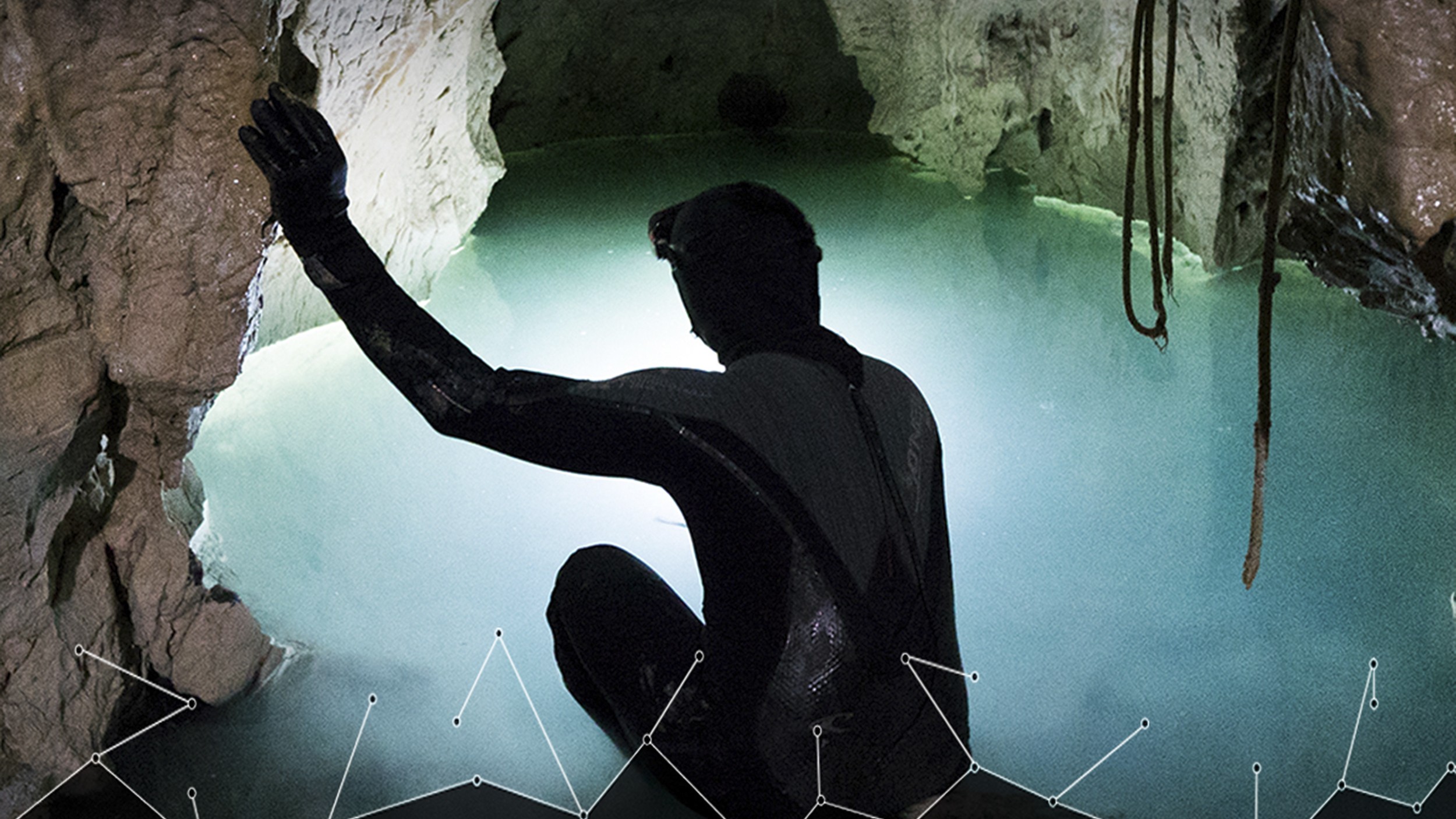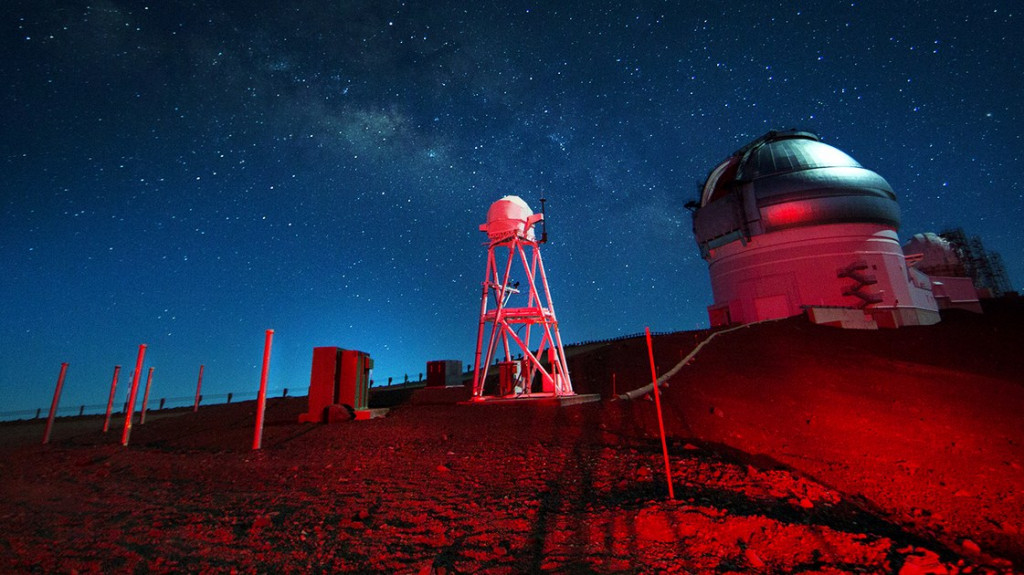
There are many compelling stories in medicine and biology, such as the development of ideas about the circulation of blood from Galen to Harvey. Many mathematically inclined scientists, including Galileo, were also musicians. Girolamo Cardano, Blaise Pascal Pierre de Fermat, Von Neumann, Turing, Khinchin, Markov and Wiener, all mathematicians, made major contributions to science and probability theory, including the ideas behind computers, and some of the foundations of statistical mechanics and quantum mechanics.
#The most unknown scientists series#
Fourier founded a new branch of mathematics - infinite, periodic series - studied heat flow and infrared radiation, and discovered the greenhouse effect. He provided a comprehensive formulation of classical mechanics and investigated light and optics. Newton extended Descartes' mathematics by inventing calculus (at the same time as Leibniz). Vision interested the physicists Young and Helmholtz, who also studied optics, hearing and music. Descartes was not only a pioneer of analytic geometry but formulated a theory of mechanics and advanced ideas about the origins of animal movement and perception. The Father of modern Science, Galileo Galilei, made key improvements on the thermometer and telescope which allowed him to observe and clearly describe the solar system. Leonardo da Vinci made significant discoveries in paleontology and anatomy. During the Italian Renaissance scientists like Leonardo da Vinci, Michelangelo, Galileo Galilei and Gerolamo Cardano have been considered as the most recognizable polymaths.ĭuring the Renaissance, Italians made substantial contributions in science. Many of these early polymaths were also religious priests and theologians: for example, Alhazen and al-Biruni were mutakallimiin the physician Avicenna was a hafiz the physician Ibn al-Nafis was a hafiz, muhaddith and ulema the botanist Otto Brunfels was a theologian and historian of Protestantism the astronomer and physician Nicolaus Copernicus was a priest. Many proto-scientists from the Islamic Golden Age are considered polymaths, in part because of the lack of anything corresponding to modern scientific disciplines.

Science in medieval Islam generated some new modes of developing natural knowledge, although still within the bounds of existing social roles such as philosopher and mathematician. Knowledge of plants and animals was broadly the province of physicians.

Hence, the medieval analogs of scientists were often either philosophers or mathematicians. By the time of the medieval university system, knowledge was divided into the trivium-philosophy, including natural philosophy-and the quadrivium-mathematics, including astronomy.

Astrology and astronomy became an important area of knowledge, and the role of astronomer/astrologer developed with the support of political and religious patronage. These roles, and their associations with scientific knowledge, spread with the Roman Empire and, with the spread of Christianity, became closely linked to religious institutions in most of European countries. Greek contributions to science-including works of geometry and mathematical astronomy, early accounts of biological processes and catalogs of plants and animals, and theories of knowledge and learning-were produced by philosophers and physicians, as well as practitioners of various trades. Knowledge about nature in classical antiquity was pursued by many kinds of scholars. It wasn't until the 19th century that sufficient socioeconomic changes had occurred for scientists to emerge as a major profession. Some historians point to the Scientific Revolution that began in 16th century as the period when science in a recognizably modern form developed.

Accordingly, many different historical figures can be identified as early scientists, depending on which characteristics of modern science are taken to be essential. Scientists of different eras (and before them, natural philosophers, mathematicians, natural historians, natural theologians, engineers, and others who contributed to the development of science) have had widely different places in society, and the social norms, ethical values, and epistemic virtues associated with scientists-and expected of them-have changed over time as well. The roles of "scientists", and their predecessors before the emergence of modern scientific disciplines, have evolved considerably over time. Marine Biologist Rachel Carson launched the 20th century environmental movement.


 0 kommentar(er)
0 kommentar(er)
